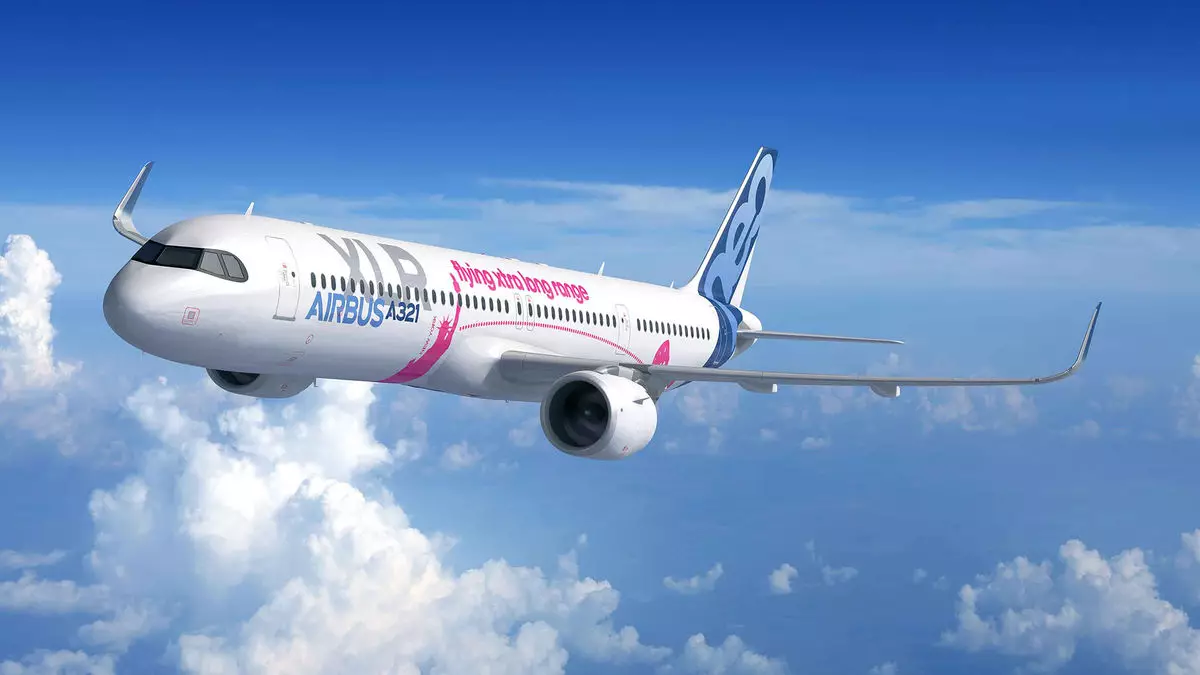Airbus has achieved a significant milestone with the certification of the longest-range Airbus narrowbody by the European safety authority EASA. This certification paves the way for the commercial operation of the Airbus A321XLR, an aircraft designed for extralong-range missions.
The certification process for the Airbus A321XLR powered by the CFM International Leap engine spanned five years. EASA has certified this version of the aircraft, while the certification for the Pratt and Whitney engine-powered version is still pending. Both versions are awaiting FAA certification before entering service.
Iberia, the launch partner of the Airbus A321XLR, has announced plans to operate the aircraft on flights to Boston and Washington Dulles during the upcoming winter season. This move signifies the airline’s confidence in the capabilities of the long-range narrowbody aircraft.
Airbus has garnered significant interest in the A321XLR, with over 500 orders and commitments from various airlines. American, United, and JetBlue are among the major customers who have placed orders for the aircraft. The airlines intend to use the A321XLR on transatlantic routes, connecting East Coast cities with medium-sized European destinations.
The Airbus A321XLR boasts a maximum range of 4,700 nautical miles, surpassing its predecessor, the A321LR, by 15%. With a seating capacity ranging from 180 to 220 passengers in a typical two-class configuration, the aircraft offers airlines the flexibility to operate on long-haul routes efficiently. Airbus highlights a 30% reduction in fuel burn compared to previous generation Boeing aircraft, enhancing the aircraft’s cost-effectiveness.
The certification of the Airbus A321XLR by EASA marks a significant achievement for Airbus in the narrowbody aircraft segment. With its extended range and operational capabilities, the A321XLR is poised to revolutionize long-haul travel, offering airlines a versatile and efficient option for connecting diverse city pairs. As airlines gear up to introduce the A321XLR into their fleets, the industry awaits the commencement of commercial operations and the impact of this innovative aircraft on the aviation market.


Leave a Reply